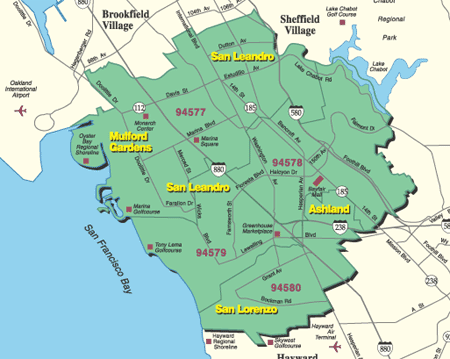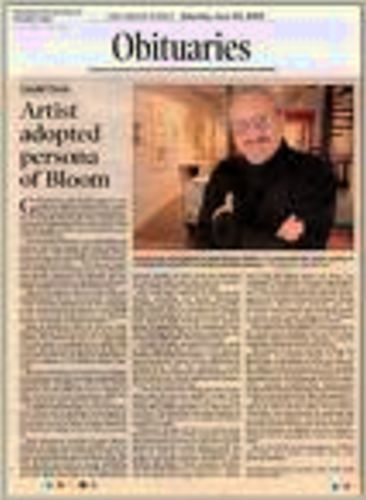First jobs are formative and mine was a doozy — I hawked vegetables for an open air fruit stand in Brooklyn, where I learned such customer service lingo as: “Hey, lady, you gonna buy that tomato or just fondle it?” Another lasting lesson of that job was the methodology of loading a cool room. Believe me — you do not want to move 60 pound cantaloupe crates more than once if you can help it. My boss, an amazing alcoholic nicknamed Shimmy, had a mantra: “Do it by the numbers, bubby.” By this he meant to visualize where everything should end up; newest buys to the back, unless they were ripe and had to be sold; then start rearranging. I was reminded of this last night when I stopped at a corner market on Cedar Street in Berkeley (west of MLK if you’re a local) that had just been taken over by a new family. We got to gabbing about produce.
But I digress. In this case by the numbers means the reports on advertising spending.
Let me start at the national level with a dour report from MediaDailyNews:
“Total U.S. ad spending declined 0.3% during the first quarter of 2007, according to estimates released this morning by TNS Media Intelligence . . . shifts were evident across the media mix with TV declining 2.7% . . . Internet display advertising soared 16.7% . . . Radio and newspaper spending continues to erode, but consumer magazines demonstrated a strong rebound, rising 7.1% . . . As a result of these shifts, TV lost nearly a share point of U.S. ad spending, while the Internet gained more than a point and magazines gained a half a point.”
Meanwhile, at the local level, Borrell & Associates released its fifth Local Media Benchmarking Survey that covers roughly 2,200 dailies, weeklies, radio stations (most numerous category; about 60 percent of the mix), TV stations and a handful of independent local sites. Visit the home page to register for a free executive summary, as I did last night. Highlights:
- Newspaper sites garnered 36 percent of local online revenues, up nearly a third over last year
- but “pure-play internet companies (Google, Yahoo!, Monster et al.) are hot on their heels with 33.2 percent
- one out of four sites surveyed “were on track to generate more than $1 million in gross revenues this year; 6.6 percent of them will generate more than $10 million.
My concern: if and when local citizen media rears its head the dollars will be locked up. Quelle domage!
Elsewhere in advertising: A story in Advertising Age says incumbent advertising players are leery of the string of acquisitions by Internet companies and suggests they will be feeding the Federal Trade Commission info to shoot down the Google-DoubleClick deal.



